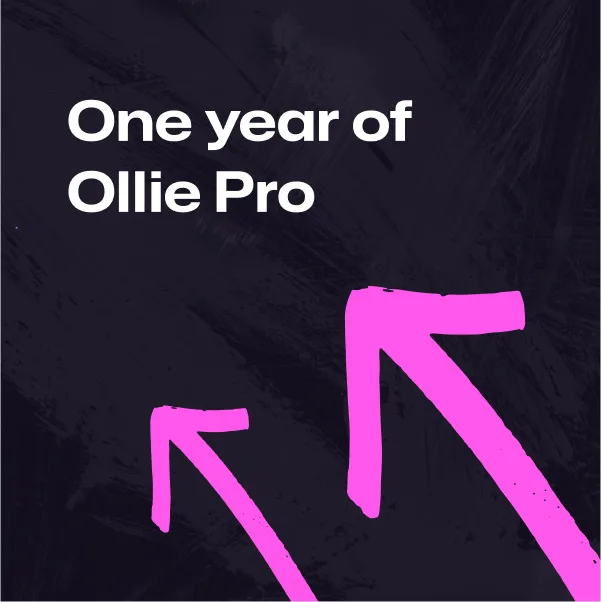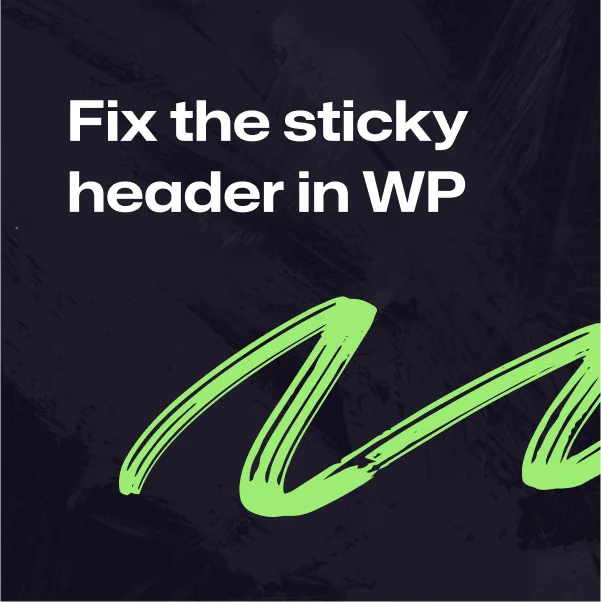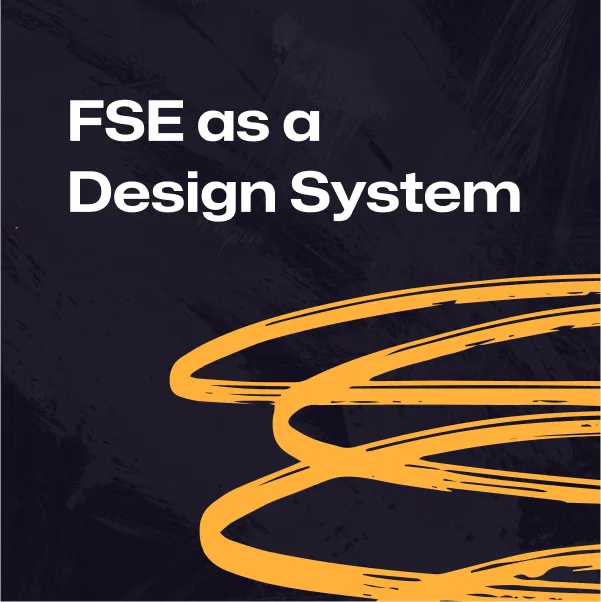If you’ve been anywhere remotely close to the WordPress space in the past few years, you’ve most certainly heard the term “Gutenberg”. But depending on who you ask, Gutenberg means different things to different people, and unfortunately, it’s causing some terminology confusion around our community.
🧵 WordPress 6.7 Deep-Dive: All the new features and capabilities explained.
So I thought I’d take just a few minutes today to talk through what Gutenberg is, what it isn’t, and why it’s probably time we move away from the term altogether. 🚨 Hot take alert! 🚨
What is Gutenberg? (Or, what was it?)
Before I tell you what it is now, I should probably tell you what it used to be. Over the past few years, WordPress has been going through some huge changes. We’ve got an all new visual content editor, a website editor, a way to control your site’s styles globally, pre-designed patterns, and a bunch of other new stuff.
As all of this new technology was initially being developed in a beta plugin, it needed a working title to act as the umbrella for all of the design, development, and testing. WordPress leadership chose the name “Gutenberg”, after Johannes Gutenberg, who invented the printing press and ultimately changed the world in the process.
Under the working title Gutenberg or the “Gutenberg editor”, these features began to take shape, and make their way from the Gutenberg plugin into WordPress in waves. In 2018, the new content editor was added to WordPress, and then, a few years later in 2021, the site editor was added. And since then, more and more features are making their way from the plugin into WordPress proper.
It’s not really Gutenberg anymore
The thing is, even though these features are part of WordPress core now, lots of folks still call the editor the “Gutenberg editor” and generally add the word Gutenberg to anything relating to these features. Gutenberg themes, Gutenberg tutorials, Gutenberg videos, Gutenberg articles, etc.
The Gutenberg terminology was initially really helpful context for the big transition WordPress was going through.
Don’t get me wrong, I totally get why! For several years, we needed to use the word Gutenberg to differentiate the old and new editors. The Gutenberg terminology was initially really helpful context for the big transition WordPress was going through.
That being said, I think it’s time to drop the Gutenberg vocabulary from our day to day usage, unless we’re actually talking about the Gutenberg project or development plugin.
Here’s why it matters
These features are now WordPress features. They are included in every new WordPress install, and users are exposed to them en masse every day. Although some of these features are developed and improved in the Gutenberg plugin, they are simply WordPress features now.
Generally speaking, we don’t need to invoke any kind of Gutenberg terminology when talking about the WordPress editor any more. In fact, it’s adding unnecessary confusion to the many thousands of people who join our community every day. They only know these features as WordPress features.
Folks still ask me if they need to install the Gutenberg plugin to use these new features. And the answer is, “Of course not!” but you can totally see why they would think they need to install Gutenberg for the “Gutenberg editor” they heard about right? What is obvious to us everyday users is actually quite confusing for many folks.
Now, keen WordPress enthusiasts will notice that Gutenberg terminology is still used on hugely influential sites like WordPress.org. Why should we move on if they’re still using it?
It’s a fair question, but from my experience, it seems like this is more a case of resources to change it than it is some kind of opinionated take on keeping it. So maybe this will be the catalyst to start moving away from it in these places as well.
I know what you’re thinking, “What’s this guy’s problem?”
I get it, it kind of sounds like I’m just being pedantic. And maybe I am! But as a creator, educator, and voice in the WordPress space, I know that terminology matters to users.
It’s part of my job (all of our job’s, really) to communicate effectively and educate accurately so users can adopt these new features and be successful with them. And that can be hard with the Gutenberg word salad and inconsistent vocabulary.
A handy Gutenberg field guide
So, with that in mind, I’ve put together a few handy tips about when to use Gutenberg terminology, and when to avoid it.
When to avoid using Gutenberg
I would avoid using Gutenberg terminology when:
- talking about the WordPress editor. Instead, you can simply call it the WordPress editor, the block editor, or the site editor depending on the context.
- talking about WordPress block themes. You don’t need to call them Gutenberg themes or full-site editing themes. You can just call them block themes.
- educating users on new WordPress features. Using Gutenberg loosely in tutorials can be disorienting to new users and confuse core features with the Gutenberg plugin.
- creating tutorials and blog post titles. Try to stick to commonly-accepted terminology for specific features instead of putting them under a Gutenberg umbrella.
When to use Gutenberg
I would continue using Gutenberg terminology when:
- talking about the Gutenberg development and feature preview plugin.
- talking about the development repo on Github.
- talking about the history of WordPress and the part that Gutenberg played in its evolution.
Wrapping up
By evolving from the vague Gutenberg terminology and sticking to a tighter standard of WordPress vocabulary, we can all start speaking the same language when it comes to the new WordPress.
This will go a long way in helping us move past this Gutenberg transition and simply exist in the new era of WordPress where these features need no special qualifiers. This is WordPress now, and we should be proud to call it that.



Leave a Reply